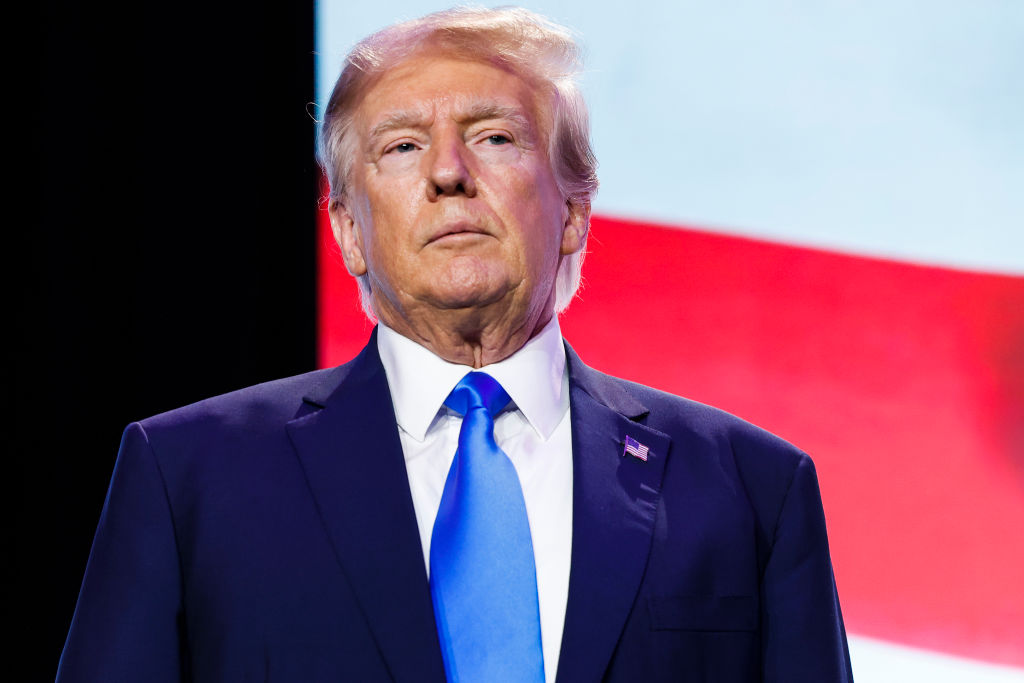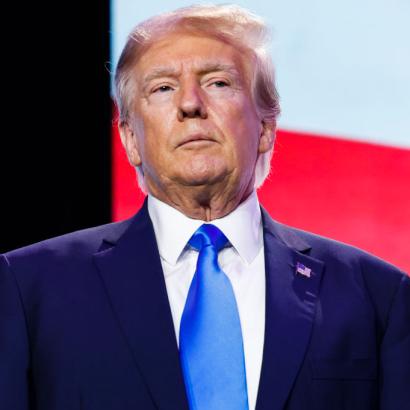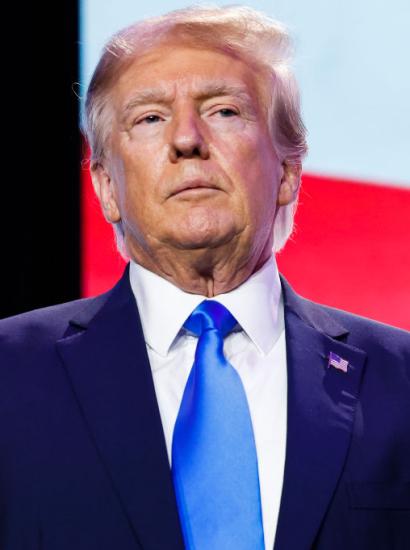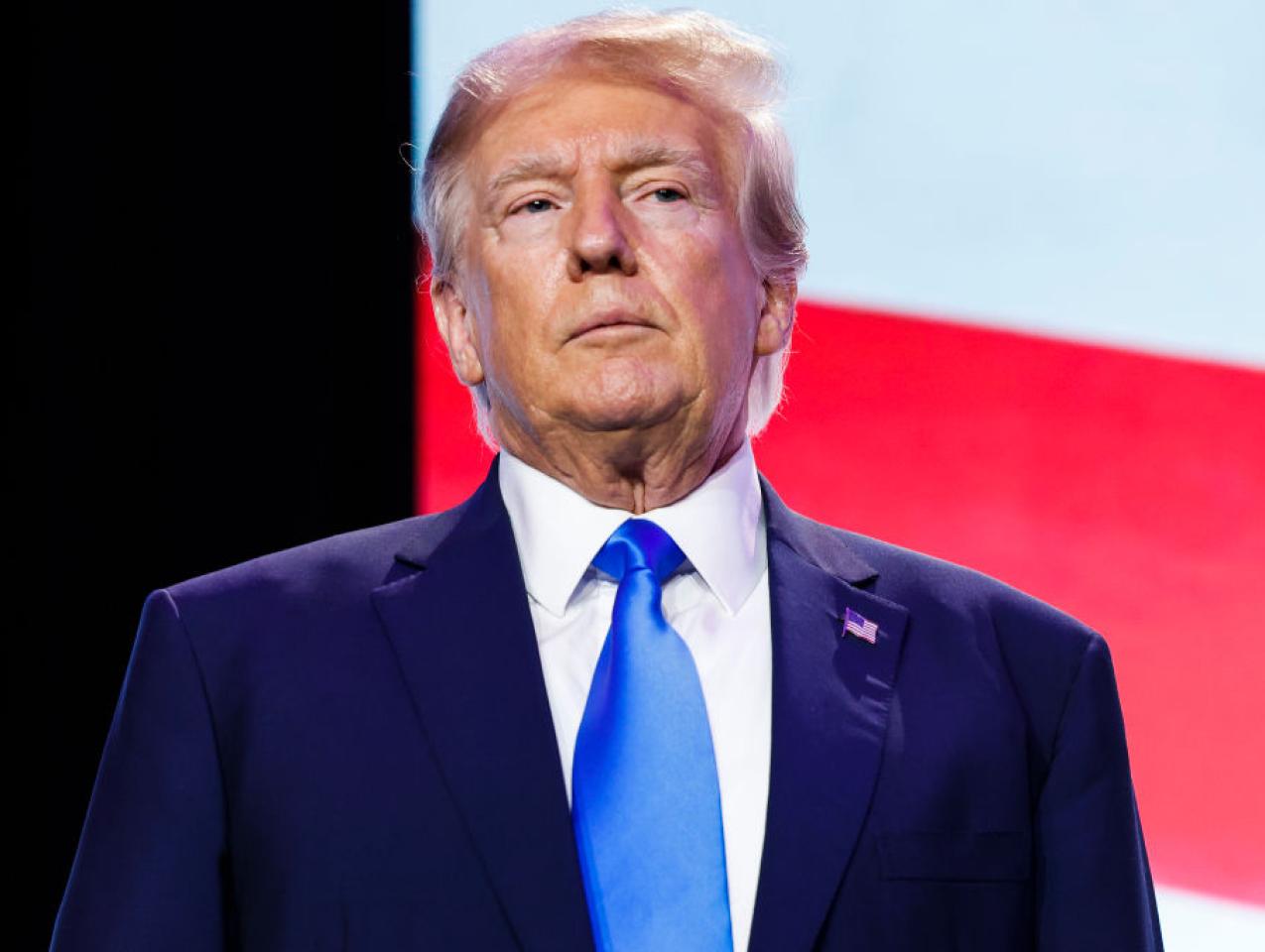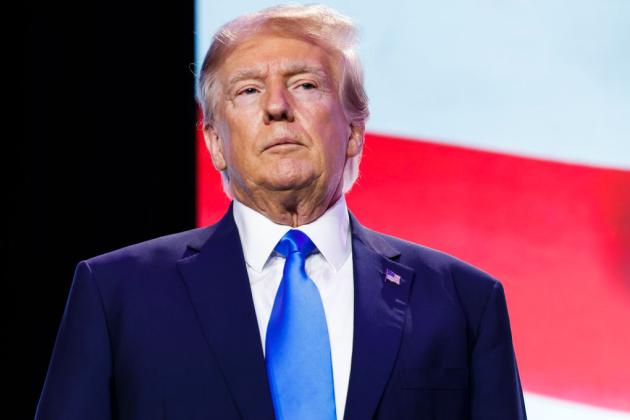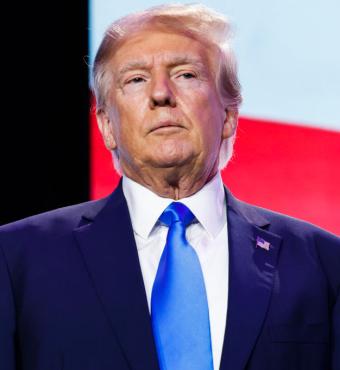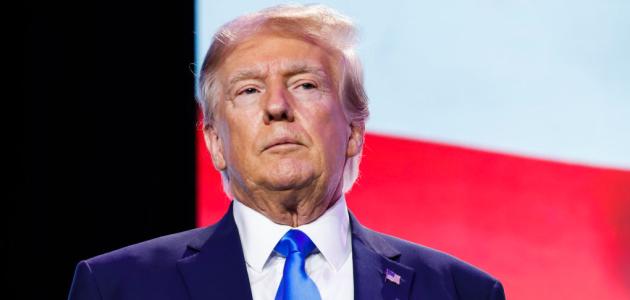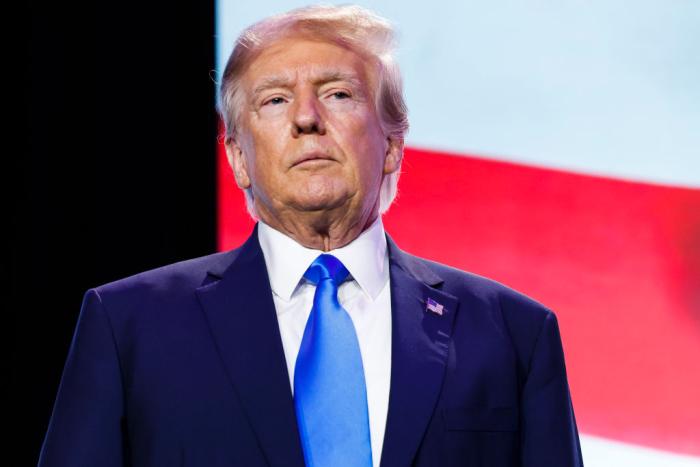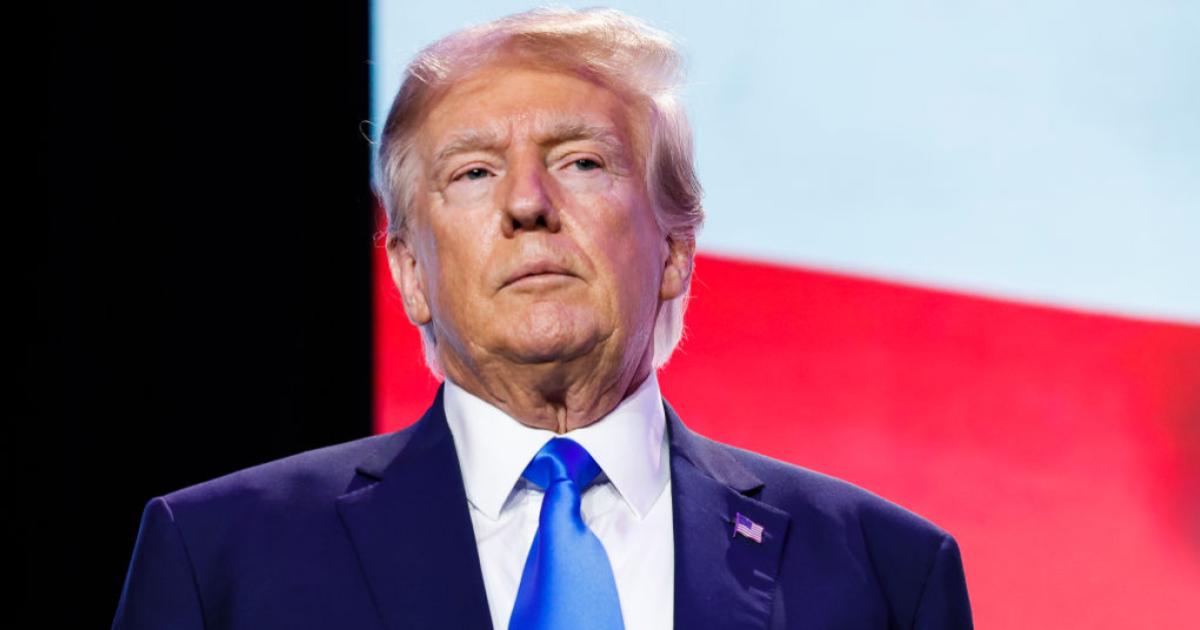- The Presidency
- Politics, Institutions, and Public Opinion
Students of war and peace would do well to circle September 2 on the calendar. It’s the eightieth anniversary of Japan signing the official Instrument of Surrender and the end of World War II. It’s also the expiration date for President Trump’s fifty-day ultimatum for Russian president Vladimir Putin to accept a peace deal in Ukraine or suffer further economic sanctions.
About that deadline: Trump now says his offer to Putin will expire no later than the second Saturday in August—welcome news for war-weary Ukrainians, but probably not amusing for a Russian strongman who sees himself as the second coming of Peter the Great.
(Given Trump’s mercurial record on ultimatums, that September date may wind up back in play).
Let’s pretend, in an alternate universe, that Putin bows to Trump’s demands and Ukraine and Russia agree to an armistice ending this century’s bloodiest conflict.
Meanwhile, peace advances in the Middle East in the forms of a resolution to the Israel-Hamas conflict in Gaza, Iran abandoning its dreams of nuclear weaponry, and the Abraham Accords moving forward with the addition of Lebanon and Syria to the alliance—all matters where the Trump administration is deeply involved.
The question: wouldn’t this merit a Nobel Peace Prize for Trump (this year’s honoree being announced October 10, with the prize itself award exactly two months later in Oslo)? And, yes, it seems a contradiction in terms—a short-fused political brawler awarded a prize for calm and concord. Of course, the prize already carries a burden of irony, being that it bears the name of the father of dynamite (Alfred Nobel’s family, by the way, opposed his last will and testament and the establishment of prizes in the fields of peace, literature, medicine, physics, and chemistry).
It’s not as if the case for Trump has gone ignored. Israeli prime minister Benjamin Netanyahu has forwarded a nominating letter to the Nobel committee. Gabon’s president Brice Oligui Nguema believes Trump is deserving for the US role in bringing a close to the war between Rwanda and Congo. “He is now bringing peace to a region where that was never possible, so I believe that he does deserve a Nobel Peace Prize,” said the Gabonese leader.
There is precedent for an American president receiving the high honor. Theodore Roosevelt was named a Nobel laureate in 1906 for his work in ending the Russo-Japanese War. Thirteen years later, Woodrow Wilson was honored for his promotion of the League of Nations.
Two other US presidents have received the honor in the century since, but it’s complicated. In 2009, a recently elected Barack Obama became a Nobel laureate “for his extraordinary efforts to strengthen international diplomacy and cooperation between peoples”—this, despite Obama having little to show in the way of foreign policy triumphs, less than one year into office, other than a very symbolic speech in Cairo that sought “a new beginning” with the Muslim world (public apologies being a hallmark of Obama’s worldview).
That was preceded, seven years earlier, by former president Jimmy Carter receiving the peace prize “for his decades of untiring effort to find peaceful solutions to international conflicts, to advance democracy and human rights, and to promote economic and social development.” Also “untiring” were Carter’s four decades of criticizing most every president who succeeded him.
Let’s pause a moment to consider the Norwegian Nobel Committee’s choices that decade, which also included former vice president Al Gore, in 2007, for helping to “build up and disseminate greater knowledge about manmade climate change, and to lay the foundations for the measures that are needed to counteract such change.”
The easiest road to Oslo and international acclaim in the early 2000s? Either lose an election to George W. Bush in agonizing fashion (Gore); denounce Bush’s foreign policy as “the worst in history” (Carter); or become “44” by running as the Glastonbury-style antithesis of “43” (Obama).
If that were the case—Bush-bashing as the ticket to a peace prize—Trump would seem a cinch. His résumé includes slamming the Bush years as a “failed and uninspiring presidency.”
But as with most things regarding Donald Trump, it isn’t that simple.
First, in choosing Trump, the Nobel committee would have to do the same as it did in tapping Roosevelt: brace for impact. Per the prize’s website: “The Norwegian Left argued that Roosevelt was a ‘military mad’ imperialist who completed the American conquest of the Philippines. Swedish newspapers wrote that Alfred Nobel was turning in his grave.”
Moreover, imagine the reaction within the selection committee itself, as well as those media outlets that are reflexively anti-Trump.
In 1973, after then-US secretary of state Henry Kissinger was co-honored for his role in the Paris Peace Accords and brokering a ceasefire in Vietnam, two committee members resigned in protest. The New York Times re-labeled it the “Nobel War Prize”; five dozen professors at Harvard, Kissinger’s former stomping grounds, appealed to the Norwegian Parliament that the prize was “more than a person with a normal sense of justice can take”; and even Kissinger’s co-recipient of the prize, chief North Vietnamese negotiator Le Duc Tho, rejected the award, calling it premature.
The last word on that controversial honor might belong to musical satirist Tom Lehrer, who died this past week: “Political satire became obsolete when Henry Kissinger was awarded the Nobel Peace Prize.”
Keep in mind: that blowback some fifty years ago was well before the Information Age. Whereas, in 1973, the two dissenters were never revealed, one wonders how long it would take for the internet to reveal the true feelings of these five members tasked by Norway’s parliament to choose a laureate.
But there may be one other impediment standing between Trump and a triumphant speech in Oslo later this year: the concern that he wouldn’t accept the honor as did Roosevelt, who otherwise has several things in common with the current American president—each survived an assassination attempt while seeking the presidency four years after leaving office; both were detested by the party’s old guard for taking the GOP in unconventional directions, be it trust-busting or tariffs).
Here’s how Roosevelt handled the honor back in 1906: he didn’t travel to Oslo (an American envoy attended the ceremony instead). And he kept his remarks to all of 204 words, including this passage:
“After much thought, I have concluded that the best and most fitting way to apply the amount of the prize is by using it as a foundation to establish at Washington a permanent industrial peace committee. The object will be to strive for better and more equitable relations among my countrymen who are engaged, whether as capitalists or as wage workers, in industrial and agricultural pursuits. This will carry out the purpose of the founder of the prize, for in modern life it is as important to work for the cause of just and righteous peace in the industrial world as in the world of nations.”
Could Trump be as humble and eloquent as Roosevelt?
Can the Norwegian Nobel Committee resist the urge to stick it to the pro-Israel Trump—i.e., award the prize to another world leader, such as French president Emmanuel Macron for his nation’s upcoming recognition of a Palestinian state, or hand it to a charity involved in Gaza food relief (a year ago, Chef José Andrés and World Central Kitchen, nominated by congressional Democrats)?
Or might the committee decide that no peace laureate at all is preferable to the spectacle of Trump taking the stage in Oslo (this non-award last happened in 1972—ironically, a year in which a US president ended twenty-five years of US-China isolation while promising peace in Vietnam as he sought re-election).
Trump has already defied long odds by getting a second term in Washington. But it might be too much for a handful of Scandinavians to elevate the man from ignoble to Nobel laureate.







